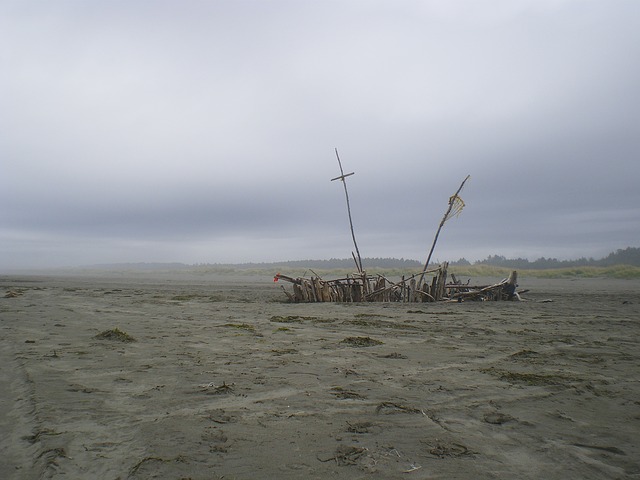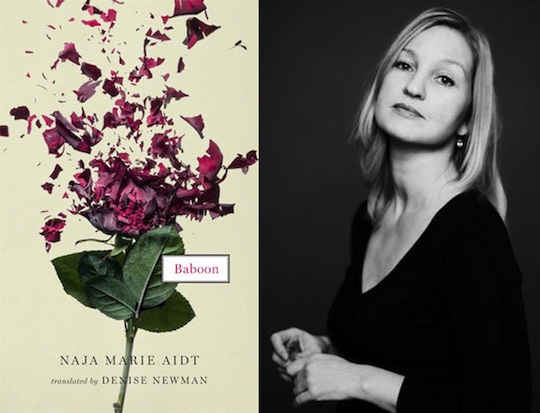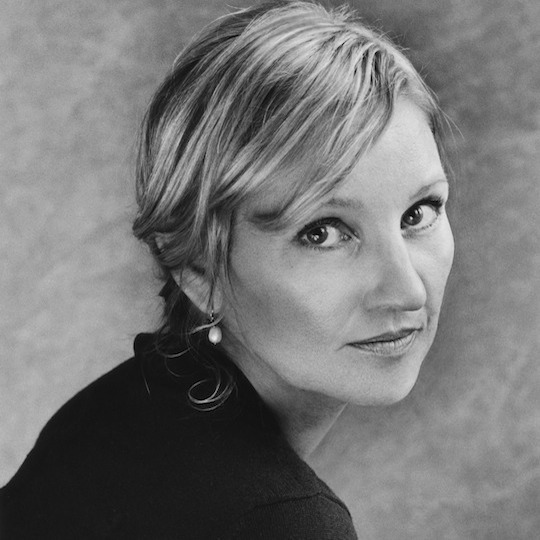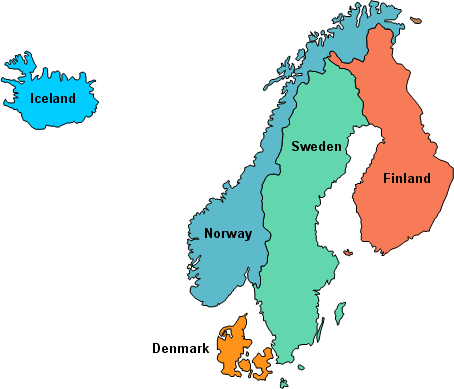The first full-length work by Danish writer Naja Marie Aidt—born in 1963 in Greenland, raised in Copenhagen, and currently living in New York City—is now available in English with the translation of her short story collection Baboon, which earned her the biggest literary prize in Scandinavia, the 2008 Nordic Council Literature Prize, and is being published this month by Two Lines Press in a sharp translation from Denise Newman.
Aidt’s writing includes nine books of poetry, short stories, radio plays, plays, films scripts, and children’s books, and her work has been translated into Italian, German, French, Swedish, Norwegian, Latvian, Icelandic, and Czech. Her literary career began in 1991 with the poetry collection Så længe jeg er ung (“As Long As I Am Young”), part one of a trilogy she completed in 1994 and which, like Baboon, plumbs the depths of relationships with family and friends. Baboon is her third short story collection.
Although her subject matter with these new stories is quotidian, Aidt’s characters and their fates are anything but: After their son is tossed from a bike and injured, a husband decides there is no better time to reveal to his wife details of his affair with her sister; a well-meaning couple, forgetting to place a bag of candy in their supermarket basket, find themselves charged with theft above their assiduous protests.
In our conversation via email, shortly after the author’s return to New York from a reading tour in Denmark, we discussed the importance of place in Aidt’s fiction and her ability to recast the familiar as strange, as she puts it, to turn “frustration and sadness into a new possibility, a new freedom,” creating the impression that one is seeing with new eyes. READ MORE…





